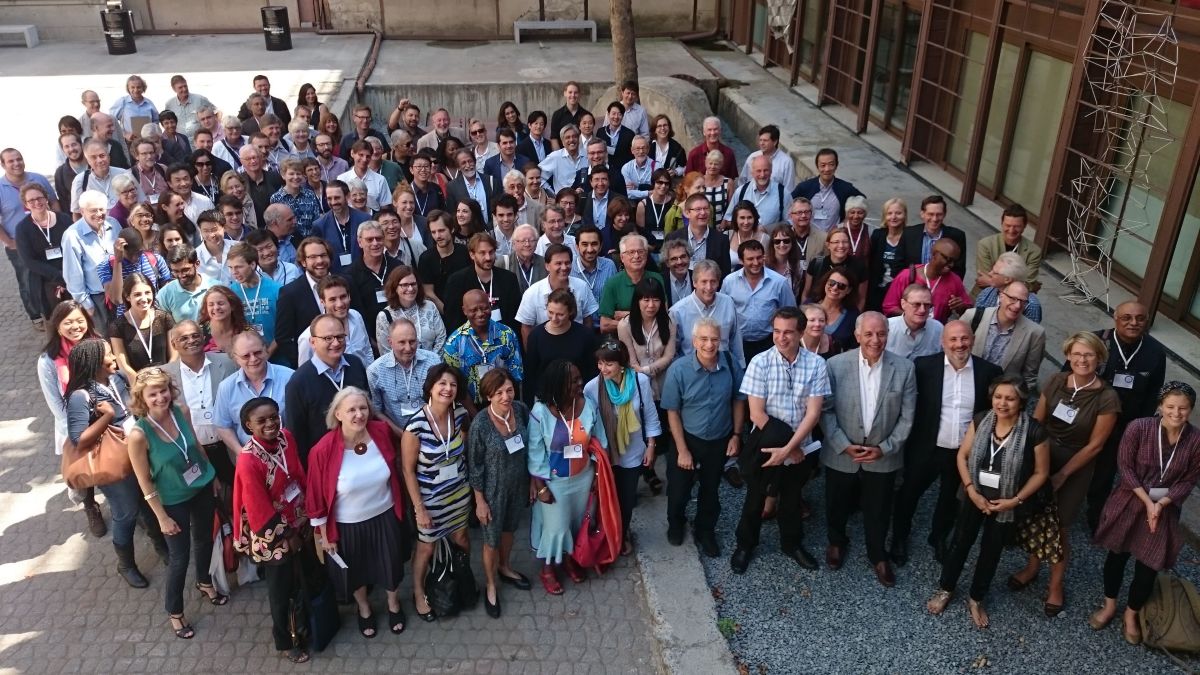Timeline
July 2014
1st meeting of Steering Committee and of co-chairs of the Scientific Council in Paris
September 2014
2nd meeting of Steering Committee and of co-chairs of the Scientific Council in New York
January 2015
1st meeting Scientific Council
August 2015
1st meeting of the Authors in Istanbul, Turkey
July 2016
Deadline for the First Draft
Fall 2016
Collection of Comments for the First Draft
January 2017
2nd meeting of the Authors
January – June 2017
Final Comments/Revision on Report and Synthesis
Fall 2017
Final Meeting of Steering Committee and co-chairs of the Scientific Council; IPSP Policy Conference
Stages of the Report
The preparation of the report will go through five stages:
In the first stage, the building up of the various committees ends up with the selection of authors.
The second stage is the writing of the first draft of the report, each chapter being collectively written by a team of about ten authors, led by one or two coordinating authors. Additional contributions by external authors can be requested for special points which are not directly in the field of competence of the chapter authors. Authors can in particular contribute to other chapters than their own.
The third stage is the collection of comments on the first draft. A media campaign and the activation of various networks will attract comments from scholars, civil society, activists, politicians, administrations, international organizations.
The comments will be processed and taken into account in the fourth stage, the preparation of the final draft of the report. The collection of comments is an essential part of the writing process, in order to better connect the report to the stakeholders’ concerns and to make the report a synthesis not just of academic knowledge but also of a broader societal knowledge about social problems and ongoing efforts toward a better society. Comments will be widely collected via a forum on which chapters will be posted.
The fifth stage will be the drafting of the Synthesis Report, a general audience book written by a small team of members of the panel with the aim of conveying the main messages for actors and policy-makers.

